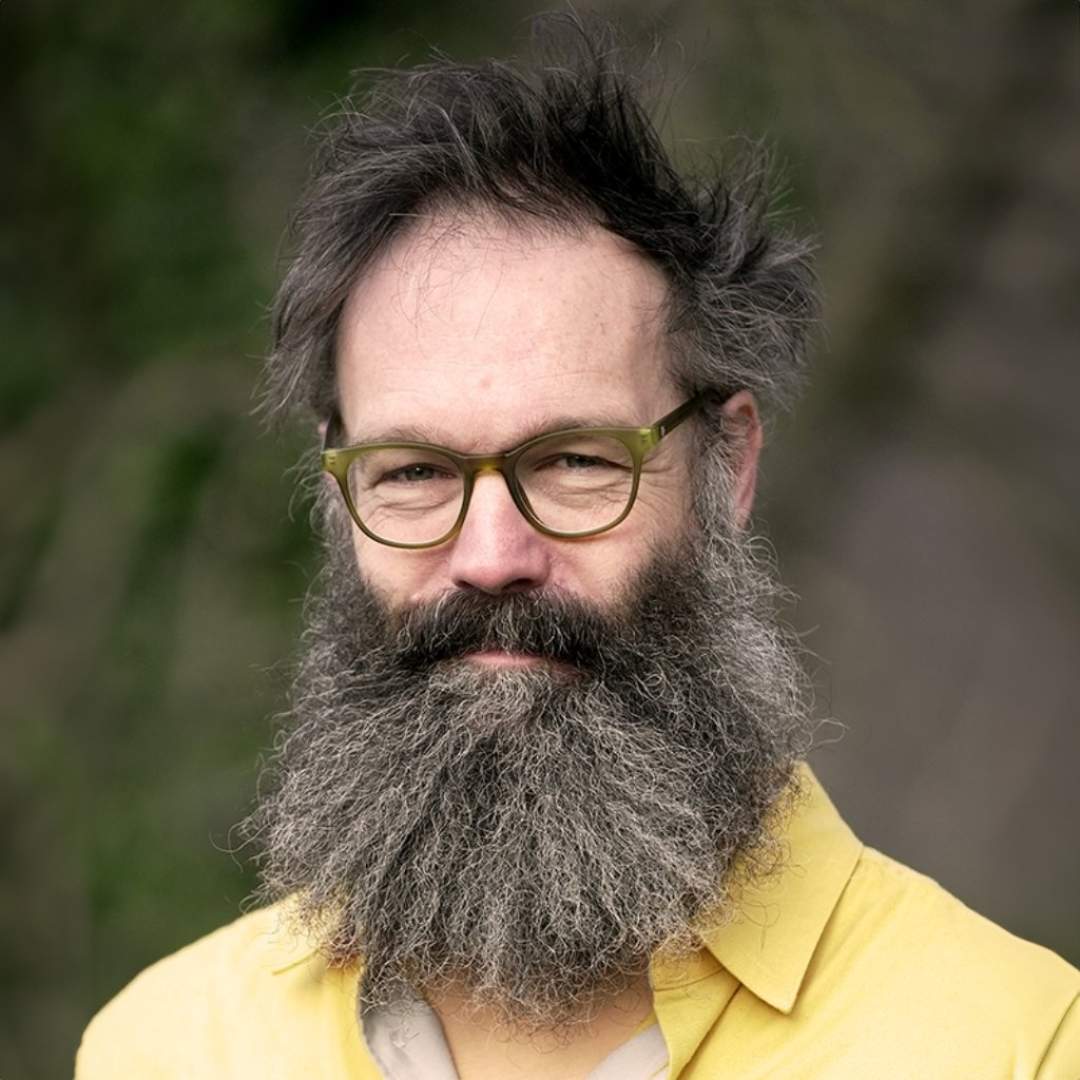An interdisciplinary research colloquium hosted by the Center for Environmental Justice and Sustainable Futures (CJSF) and the Division for Arts and Cultures
 In the upcoming semester, the Center will be studying the subject of Affective Narratives in the Age of Environmental Degradation along with a new postdoc, Pascal Schwaighofer. Affective narratives are stories that evoke emotional responses from readers, such as anxiety, fear, hope, happiness, hopelessness, and empathy. These responses affect a reader's motivations and actions. How people respond to narratives of environmental degradation is crucial to whether action is taken on climate change or it is ignored, scientific evidence is believed or rejected, grassroots movements are started, or people give up entirely.
In the upcoming semester, the Center will be studying the subject of Affective Narratives in the Age of Environmental Degradation along with a new postdoc, Pascal Schwaighofer. Affective narratives are stories that evoke emotional responses from readers, such as anxiety, fear, hope, happiness, hopelessness, and empathy. These responses affect a reader's motivations and actions. How people respond to narratives of environmental degradation is crucial to whether action is taken on climate change or it is ignored, scientific evidence is believed or rejected, grassroots movements are started, or people give up entirely.
This research project has a broad definition of narrative that includes policies, graphs, numbers, scholarly or scientific research designs, and spatial configurations familiar to a wide range of disciplines, including the sciences, business, communication, psychology, geography, and politics, as well as the more traditional understanding of narrative found in literature, film, history, philosophy, and the arts.
About the project
The project, proposed by Pascal Schwaighofer as his postdoc research, aims to investigate the challenges and impacts of dealing with contradictory narratives about global warming and disrupted ecologies. On one hand, the possibility of environmental disruptions confronts society with the legacy of previous generations, reluctant politics, and aggressive lobbying of extractive industries. On the other hand, it is essential to act responsibly and think creatively while fostering hope that innovative and sustainable projects will save the planet.
As a result, society finds itself at an impasse, squeezed between reports on past negligence and future threats and losses. Should we hope for technological innovations, ecological regeneration, and climate action to save us, or should we accept that we might be facing an ecological collapse? Alternatively, can we develop perspectives beyond these familiar dichotomies?
Research Questions
- What kinds of affect we can discern in contemporary cultural, political, entrepreneurial and scientific texts about environmental degradation and social justice concerns that often go along with it?
- How narratives and practices from different genres and disciplines such as business and management, history, music, literature, film, psychology and the arts, politics and the sciences tell stories of degradation differently? Where do they overlap and where do they differ both in impact and in reception? Do we read a graph, a string of numbers, an image, and a novel differently and if so, what is the impact of each for our actions?
- How such narratives have evolved over the last several decades,
- How they have translated differently and at different rates into policies and laws, and therefore into action or nonaction?
- How our actions are impacted by the various affective registers we discern among disciplines and narrative genres?
- What sorts of perspectives allow us to think past the present dichotomies and work with rather than counter to affect?
Workshop Details
A bi-weekly interdisciplinary research workshop will take place on Fridays from 16:00 to 17:00 starting on Friday, February 16.
The workshop is open for participation and can be joined over Zoom intermittently. It aims to involve scholars and scientists from various disciplines, and can be utilized for anything that will aid in advancing the participants' thoughts on the topic. This includes presenting ongoing projects, posing theoretical or methodological questions for discussion, and presenting and discussing relevant scholarly contributions on the topic of emotion, impact, and the environment.
The Goal
The goal is for all participants to complete a conference presentation of about 15 to 20 minutes by the end of May to present at a conference on the topic at FUS. An edited volume on the topic is planned to be published by the end of 2024.
Contacts
Caroline Wiedmer
Professor, Comparative Literature and Cultural Studies
Christoph Kueffer
Affiliated Professor, Environmental Humanities

